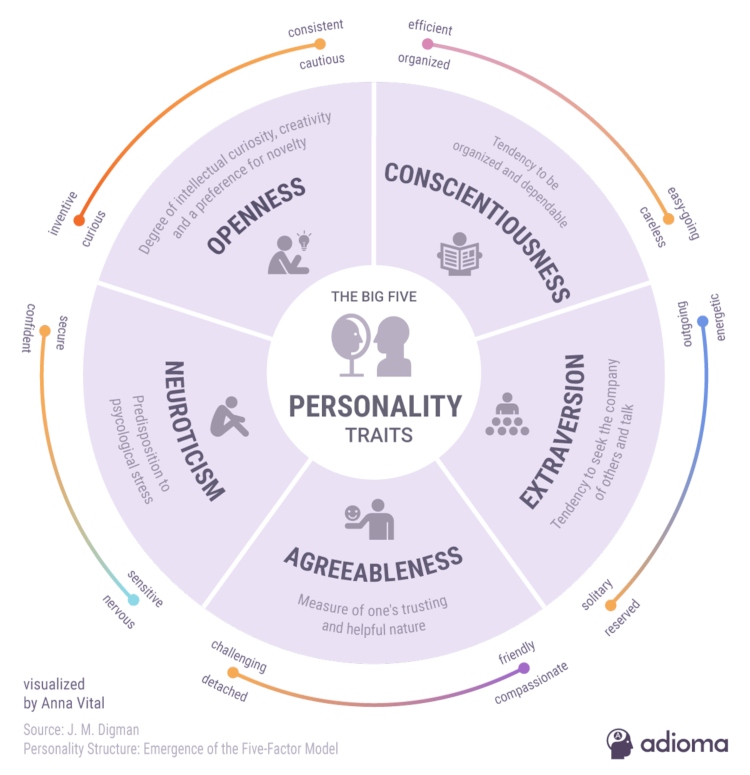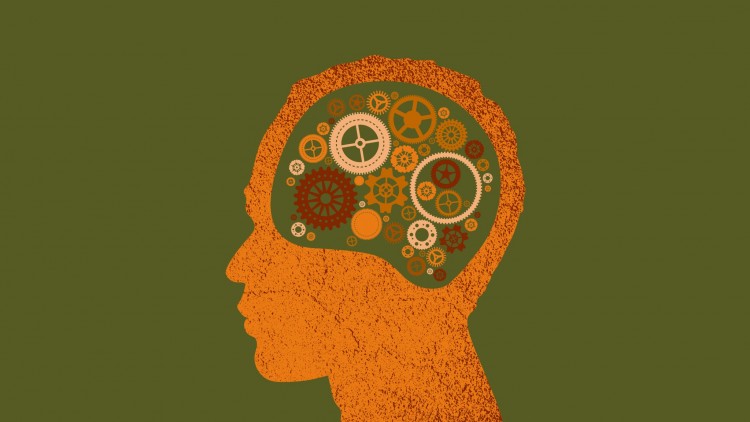Practical Psychology: Parents Change Children’s Personality
Honesty is essential to healthy relationships. The truth has transformative power. If someone has made an error in their behaviour, or continuous errors, telling them the truth can often result in a correction of that behaviour.
It’s hard to overstate the importance of honesty in interpersonal problem-solving. It’s a deep psychological issue, perhaps more eloquently examined in arts such as poetry.
“Oh what tangled webs we weave when first we practice to deceive” said Walter Scott, the Scottish historical novelist, poet, playwright and historian.
That’s why we pay to go to counselling, so we can be honest with ourselves. We can untangle the webs of lies and deceit that build up around us when we fail to tell the truth or worse, attempt to manipulate the world with falsehoods.
New research from the Journal of Personality suggests that parents beliefs in their children’s traits predict successful life outcomes. This unique predictive power is predicated on honest dialogue.
Measuring Personality
To examine personality, we need to employ the Big Five model of personality traits. This model consists of traits Openness, Conscientiousness, Extraversion, Agreeableness and Neuroticism. These five traits are the foundations upon which all personalities rest.

Traditionally, trait assessment is conducted with self-reports. Essentially, the individual is presented with a questionnaire that determines where they fall on trait bipolar continuums (from 0 to 100).
For example, if you score 87 in Extraversion, you’re most likely a happy, warm, outgoing, assertive, excitement-seeking, enthusiastic person. You can conduct your own self-report at ‘UnderstandMyself’.
These traits have immense predictive power in major life outcomes.
Open, conscientious, emotionally secure (reverse of Neurotic) people do better in work and school.
Agreeable, emotionally secure, extraverted people have better relationships and less attachment issues.
Judging Traits in Others
The Self-Other Knowledge Asymmetry model provides a framework outlining the relative predictive power of self and other personality ratings. It found that some traits are better predicted by the self, while some are better predicted by other people.
The traits Agreeableness, Conscientiousness and Openness are highly visible traits, therefore easier to evaluate. If someone is kind, works hard and is creative, it shines through in their behaviour.
However, these traits are also socially desirable. People generally want to think they’re kind, hard-working and creative, or at least one of those things. Therefore, self-reports regarding these traits are prone to self-bias.
Extraversion is unique in that it’s visible to all. It’s very easy to evaluate how extraverted someone is, as Extraversion is predicated on sociability. Furthermore, it’s not subject to self-bias because of its neutral desirability.

Neuroticism is different insofar as its evaluation is dependent on self-knowledge. You may be able to detect if someone is anxious or depressed, but the extent of those feelings is internal. Therefore, self-reports are usually more reliable when assessing Neuroticism.
Since everyone has differing levels of self-bias, the predictive power of self-reports is weakened. Although others may be bias in their reports, they generally tend to more honest.
Furthermore, the principle of aggregation suggests that a combination of reports from close friends and family tend to have greater longevity when predicting traits in individuals.
Adult vs Teenage Judgement
Pubescent personalities are very malleable. However, because teenagers are just becoming aware of their traits, they aren’t good at deciding where they fall in each scale. Their reports tend to be more incoherent and muddled than adults.
Therefore, reports by adults are more useful in determining what trait scores teenagers have. Furthermore, adults are more adept at noticing behaviours that signal for traits that are desirable in adulthood, whereas teenagers may be focused on more less mature traits.
Additionally, as teenagers tend to be engaged in excessive self-reflection, they can be overwhelmed from an abundance of self-relevant thoughts. For example, an emotionally stable teenager may still focus on that one time he felt anxious in class.

This makes it difficult for teens to see the wood for the trees. Though, as teenagers can be open and thoughtful about their feelings, parents can help navigate the wealth of rich, personal information that emerges during puberty and determine what type of personality lies within.
The Predictive Power of Parents
If a parent rates their child as being open at ages 12 and 17, when the child is 28, they are more likely to have a high income and a higher level of education. Interestingly, children that are thought to be open by the mothers are more likely to do well in both work and school.
Children that are rated as conscientious by their parents at these ages are more likely to have better educations, higher incomes and less substance abuse problems at the age of 28.
Although, when their child is 17, fathers’ ratings are more predictive of income, while mothers’ ratings are more predictive of having less problems with drugs and alcohol.
When a parent rated their child as agreeable, they tended to grow up to be agreeable. Specifically, if a father rated his 17-year-old child as agreeable, they had better relationship satisfaction at 28.

Despite being less visible and more difficult to evaluate, parents’ Neuroticism ratings also showed unique predictive power. This may be due to the trouble teenagers have formulating their identity and discerning themselves from their emotions.
Consequently, if parents rated their child as neurotic at ages 12 and 17, they were unlikely to have much educational achievement at age 28. Furthermore, if a father thought his child was neurotic at age 17, they tended to have lower incomes at 28.
So What?
The question inevitably arises; what can we learn from this research? Adolescence is the most important time for trait change and personality development. Incidentally, ‘identity negotiation theory’ posits that others can convince an individual to adapt their self-image.
Now, if adolescents merely passively internalised their parents’ perceptions of them, all parent trait ratings would have predictive power. The key word to note in that sentence is ‘passively’.
This predictive power cannot be a result of passive internalisation; therefore, it must be an active process. Most likely, teenagers are like “personality scientists”; they are curious about their personalities, they collect data (ask for interpersonal feedback, observe their own behaviours, reflect on past experience) and are continuously updating their self-beliefs.

Essentially, when a parent believes that their child is intellectual, their child is more likely to become a successful adult. However, if a child believes he is an intellectual, it bears little weight on his future. Parental beliefs regarding pubescent personality predicts future success!
This is an active process. Parents who engage their children in dialogue, who speak openly and frankly to their children about their behaviours, emotions and motivations can convince their children to develop their traits, thus setting them up for success in their adult years.
Furthermore, trait change is achievable with practise. Practising behaviours associated with traits (such as going to bed early as a conscientiousness behaviour) can develop those traits. Practise does make perfect. Encourage your kids to practise.
Honest conversations have immense developmental power. Personality traits have immense predictive power. Use honesty to develop traits. Be honest with your children, tell them how you feel and encourage them to do the same. The results could be monumental.
[perfectpullquote align=”full” bordertop=”false” cite=”” link=”” color=”#4AC1A8″ class=”” size=””]Suggested Reading: Practical Psychology: Loneliness is Genetic and Beatable[/perfectpullquote]
